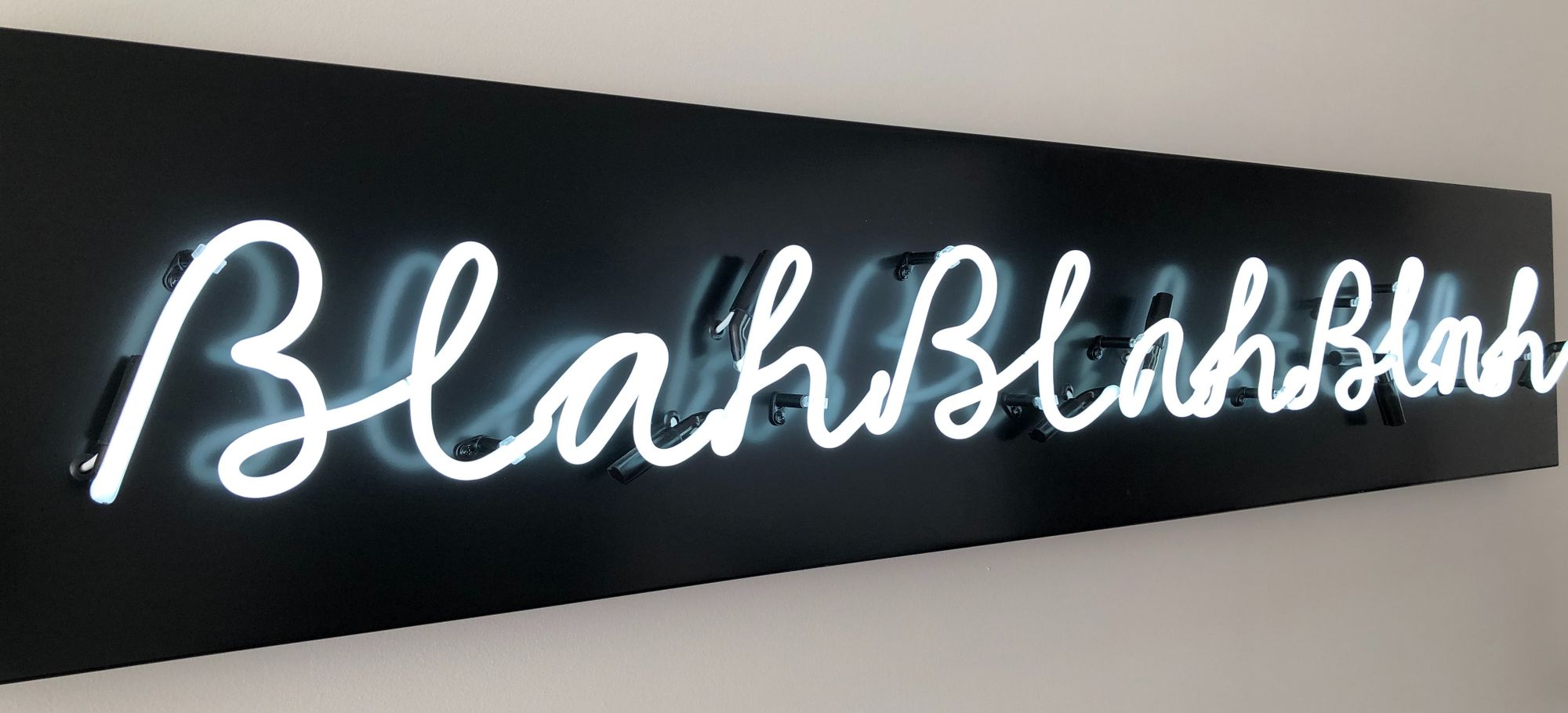Consider these hypothetical examples:
A government says it’s all about diversity… but 80% of its senior officials are white males.
A journalist says she’s written a balanced article… but the sources she quotes in it are all from the same side of the issue.
A local authority says it only awards contracts on merit… but in the past decade, it has given half of its work to a single supplier.
A car manufacturer says it takes clean energy seriously… but three quarters of its investments since 2018 relate to fossil fuels.
There are two things here worth unpacking.
Talk is cheap

As activist citizens, we obsess too much over people's public statements.
It’s understandable, because today words are often all we have. Much of the planet is engaged in constant conversation; words are the currency of our work and play.
But as each example above shows, when confronting power, we should pay attention to what it does, as well as what it says.
There are many proverbs making this point, and much has been written on the subject. But I like how the investor Naval Ravikant puts it:
People are much more honest with their actions than they are with their words.
Measurable wins

The assertions in the second sentences of each example are all measurable.
This is important, because when power is screwing up and you want to recruit someone to help you do something about it, you need evidence. If you've got measurable proof points, you’ve got a strong argument.
And when you're developing a campaign on the issue, having measurable evidence helps you define your Ultimate Goal. In the first example, instead of demanding “the government promotes more diverse staff”, you could say:
By the end of next year, 40% of the government's senior officials are from diverse backgrounds.
Your campaign becomes all about making the 20% become 40%.
Or in the last example, instead of "the corporation invests less in fossil fuels", you could have an Ultimate Goal like:
By the end of 2023, three quarters of the corporation’s investments are in clean energy.
Confronting power effectively means paying attention to its actions as well as its words. And working to close measurable gaps, rather than abstract ones.
Update 23/05/23: DHH has a post arguing the opposite: that working without metrics is a luxury and the way to go. He's looking at it from a business context, but nonetheless, it's an intriguing proposition for activist projects, too.


